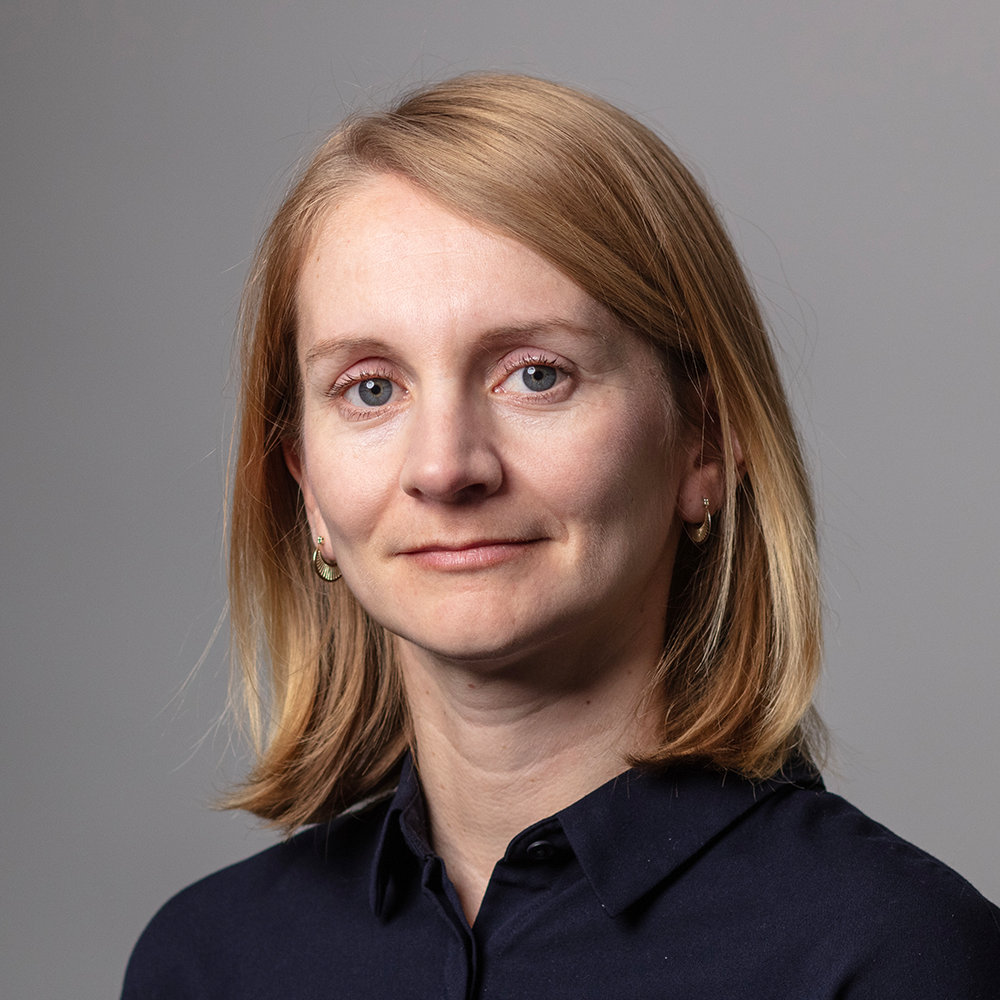
Switzerland Today
Dear Swiss Abroad,
How many times a day do you reach for your mobile phone? As practical as it is, addiction starts early. That’s why a vast majority of respondents to a study are in favour of banning smartphones at school.
Even in adulthood, caution is advised. An Instagram post by Swiss politician Sanija Ameti had serious consequences – she now talks about it for the first time.
I’ve also brought some cheese, chocolate and Bircher muesli today as we take a look at Switzerland’s culinary heritage.
Best wishes from Bern.

Sanija Ameti speaks publicly for the first time about her eyebrow-raising decision not only to shoot at Jesus and Mary but to put it on social media.
In September Swiss politician Sanija Ameti (pictured), co-president of the pro-European Operation Libero, went to a shooting range, fired a few shots at a picture of the Virgin Mary with baby Jesus and then shared the perforated image on Instagram.
Now, after three months on sick leave, Ameti has broken her silence. In an interview with CH Media, she says the art catalogue with the image had been lying on top of a pile of waste paper and that she had torn out a page without thinking and chosen it as a target for her shooting practice. She was also exhausted, she claimed.
Ameti went on to say that sport shooting helped her to clear her head. Shooting at Mary and Jesus triggered painful memories for her of her brother, who was shot dead in Bosnia before her family fled to Switzerland. Posting the picture on Instagram was her way of dealing with the pain, she said.
After this post, Ameti lost her job at the communications agency Farner. She is a local councillor in Zurich for the Liberal Green Party and wants to remain one, but the president of the Liberal Greens wants to expel her from the party. Operation Libero, on the other hand, stands by her.
– The interview by CH Media via WatsonExternal link (German)
More

A large majority of Swiss support a ban on mobile phones in schools.
Many parents and teachers are concerned that children and young people spend so much time on their phones.
In liberal Switzerland, bans are generally difficult, but when it comes to mobile phones, respondents to a study agree: 82% are in favour of banning smartphones in schools. This was the result of a survey conducted by the Sotomo research institute. The unanimity also applies across the political spectrum. Many would also like to ban the TikTok app, although approval is somewhat lower in this case.
A mobile phone ban is intended to prevent young people from becoming addicted to phones. The theory is that without mobile phones, they would be able to concentrate better and social interactions with their classmates would become more important again. Critics fear that such bans don’t promote the use of digital technologies enough.
– The SRF report on the survey on the mobile phone banExternal link (German)

Cervelat, cheese and milk chocolate: what characterises Swiss cuisine?
Do you miss Swiss food abroad? Do you have Aromat in your kitchen and treat yourself to sinfully expensive Swiss cheese in your local deli? Food is identity, after all.
But what gives Swiss cuisine its identity? Author Paul Imhof has recorded Switzerland’s culinary heritage in a book. In an interview with the NZZ am Sonntag, he says that it’s often not a product that is typically Swiss, but its production and culture. Take sweet cider, for example. One speciality of Switzerland that transcends regional boundaries is the preservation of products. Cheese, for example, can not only be stored for longer, but can also be turned into money abroad.
Milk chocolate and certain types of cheese are genuine Swiss inventions. And one culinary dialect word has made it around the world: muesli. Bircher muesli takes its name from the Swiss doctor Max Bircher. But did he actually invent it? Research shows that he borrowed it from a Pakistani mountain tribe.
Imhof also lived abroad for several years. In Singapore, he observed how the Swiss butcher at a hotel made cervelats (pictured) for Swiss people.
– Article in the NZZ am SonntagExternal link (German, paid article)
More

Thanks to the positive situation on the job market the welfare rate in Switzerland is at an all-time low.
Finally, some good news: in 2023 the social welfare rate in Switzerland fell to its lowest level since statistics were introduced in 2005: it stood at 2.8% in 2023, the Federal Statistical Office (FSO) said today.
Some 7,100 fewer people were dependent on social assistance in 2023. A total of 250,000 people received money at least once. Although the population is growing steadily, the number of people receiving support is the lowest it has been since 2011. Children, foreign nationals and divorcees have the highest social assistance rates. However, according to the FSO, it’s precisely in these groups that the decline in the social assistance rate is above average.
One reason for the low rate is the good situation on the job market. More people who received social welfare were able to find work. Both the number of registered unemployed and the number of long-term unemployed are back to pre-pandemic levels.
– The article at the Tages-AnzeigerExternal link (German)
– The article at Blick External link(French)

Picture of the day
The fire in today’s picture doesn’t belong to a Christmas market, it stands for something completely different. It is part of Geneva’s Fête de l’Escalade, which commemorates the defence against Charles Emmanuel of Savoy. In 1602 the Savoy soldiers tried to take Geneva by surprise in the dark, but residents successfully fended them off.
Translated from German by DeepL/ts

In compliance with the JTI standards
More: SWI swissinfo.ch certified by the Journalism Trust Initiative










